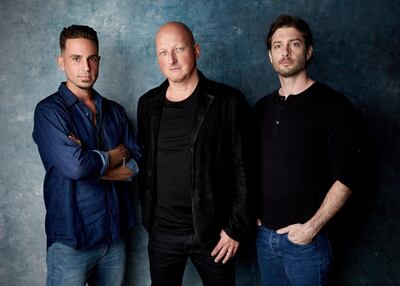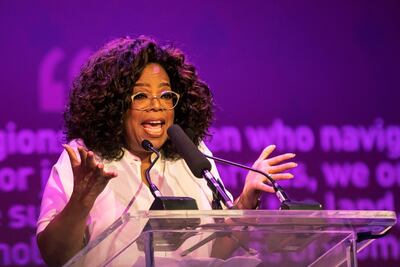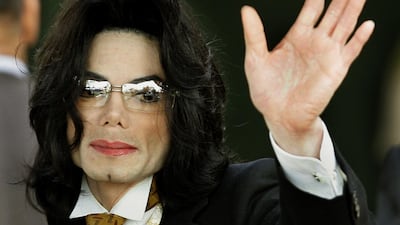Major radio stations in Canada and New Zealand have dropped music by Michael Jackson, following accusations of abuse made against the star in newly-released documentary Leaving Neverland.
The four-hour film presents in excruciatingly granular detail the stories of Wade Robson and James Safechuck, who say Jackson – who died nearly a decade ago – sexually abused them for years when they were minors.

A spokeswoman for Canada's Cogeco – which operates 22 radio stations across Quebec and one in Ontario – said the decision came after Leaving Neverland aired Sunday on the US cable network HBO.
"We are attentive to the comments of our listeners, and the documentary released on Sunday evening created reactions," said Christine Dicaire of Cogeco, in a statement to AFP.
Watch the Leaving Neverland trailer here:
"We prefer to observe the situation by removing the songs from our stations, for the time being."
The sentiment has been echoed by broadcasters in the Southern Hemisphere, with New Zealand's MediaWorks' director for radio Leon Wratt confirming: "Michael Jackson isn't currently on any MediaWorks Radio stations' playlists.
"This is a reflection of our audiences and their preferences – it is our job to ensure our radio stations are playing the music people want to hear."
In Britain, where Leaving Neverland is set for release on March 6 and 7 on Channel 4, reports had said the BBC shelved the Jackson's catalog – which includes Billie Jean and Thriller – in light of the film.
But in a vague statement, the BBC said "we consider each piece of music on its merits and decisions on what we play on different networks are always made with relevant audiences and context in mind."

Meanwhile, Oprah Winfrey has conducted a "sympathetic" interview with Jackson's alleged victims, Robson and Safechuck, in an hour-long documentary, After Neverland.
"For me, this moment transcends Michael Jackson," Winfrey said in the interview, which was taped in front of a studio audience that included more than 100 abuse survivors. "This is a moment in time that allows us to see this societal corruption. It's like a scourge on humanity – if it gets you, our audience, to see how it happens, then some good would have come of it."

